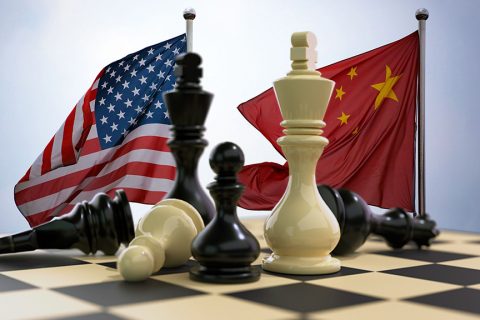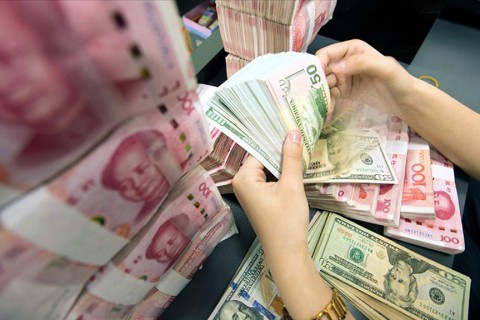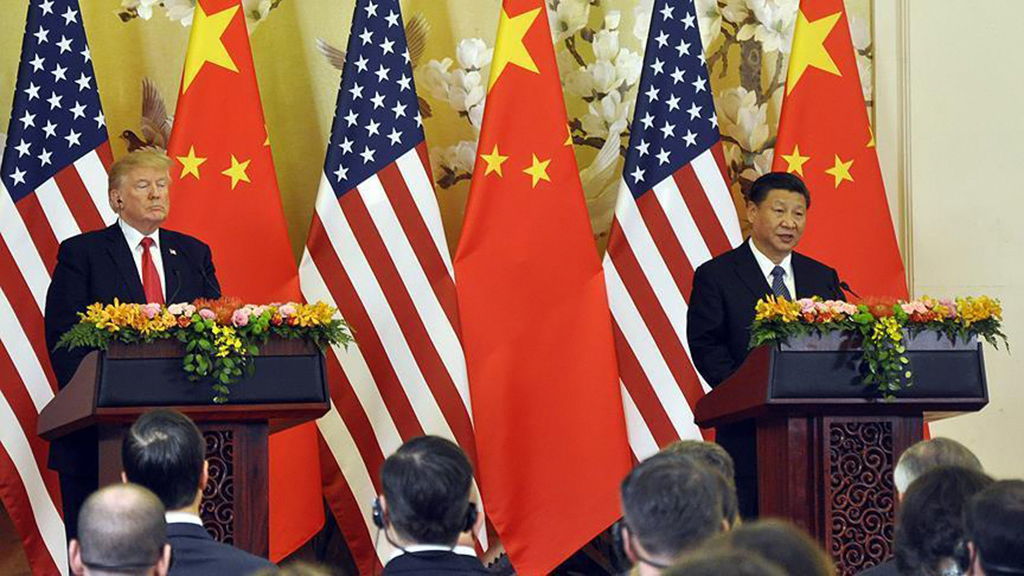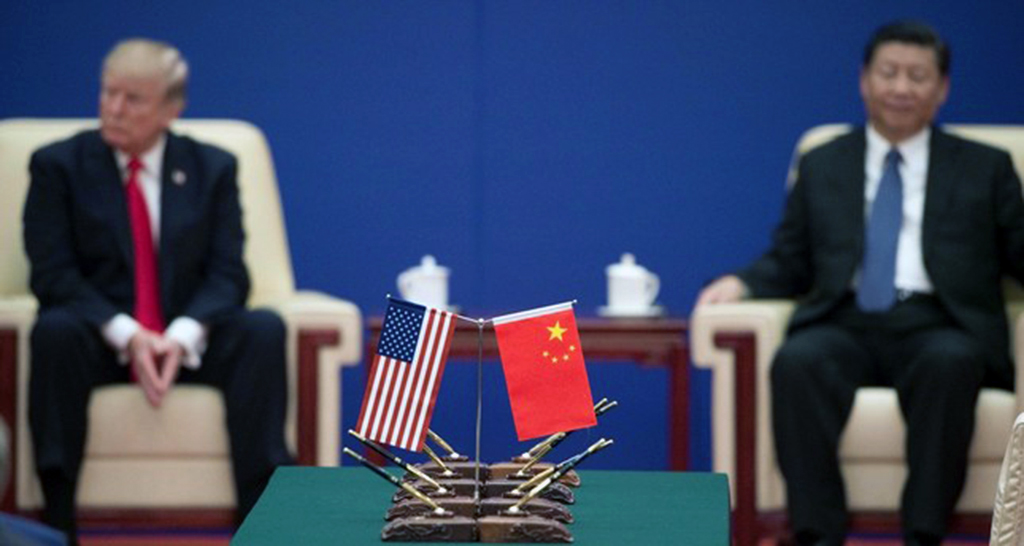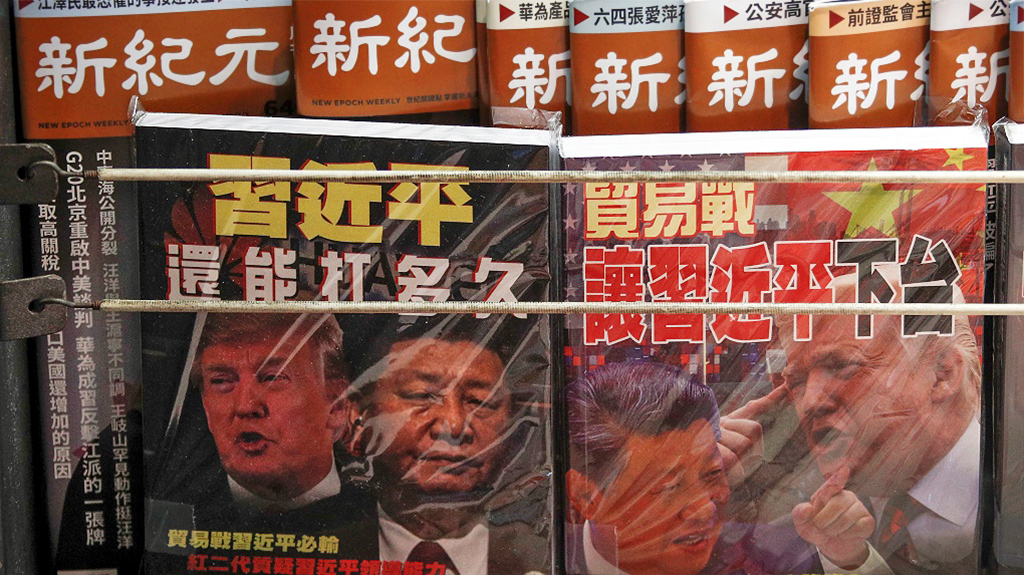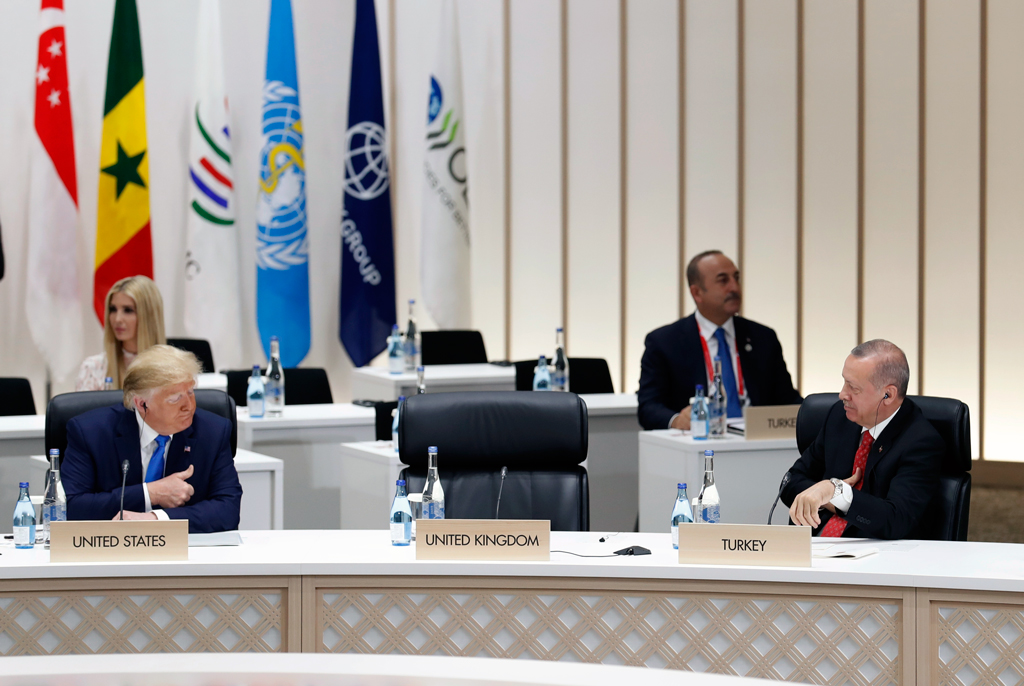Trade Wars
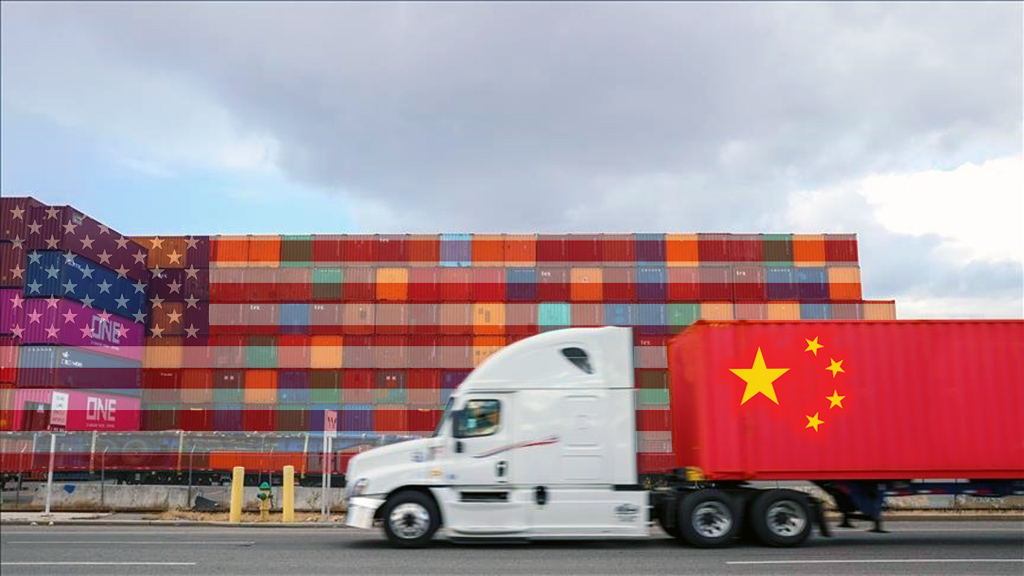
How the US is dealing with China’s economic hardships
| OpinionU.S. Commerce Secretary Gina Raimondo focused on managing trade issues between the two countries during …
-
Opinion
How the US is dealing with China’s economic hardships
By Kadir ÜstünU.S. Commerce Secretary Gina Raimondo focused on managing trade issues between the two countries during her four-day visit to China. Following her meeting with her Chinese counterpart Wang Wentao, Raimondo announced the creation of a joint forum to reduce tension. She emphasized that the Biden administration would not compromise on national security by advocating for restrictions on chip exports. Raimondo's visit marked the first by a U.S. Commerce Secretary to China in five years and followed visits by Secretary of State Blinken in June and Treasury Secretary Janet Yellen in July. It is clear that the Biden administration is continuing its economic struggle with China while attempting to reduce rising tensions to safeguard American economic interests and capital in the country.
-
Opinion
The limits of US-China economic rivalry
By Kadir ÜstünThe intense global economic rivalry between the US and China is leading to a fierce competition, particularly in the advanced technology sector. While Washington imposes measures to limit the export of high-tech products to China, Beijing is not sitting idle. A recent example is Intel, the giant US computer chip producer, retracting its decision to acquire Israel's semiconductor chip manufacturer, Tower Semiconductor. Intel had initially planned to acquire Tower to remain competitive in chip manufacturing and had obtained approval from American authorities. However, after waiting for 18 months without approval from Chinese authorities, Intel was forced to announce the cancellation of the acquisition. Intel, which generates 27% of its global revenues from China, avoiding jeopardizing this relationship, demonstrates how complex the economic battle between the US and China has become.
-
Opinion
From trade wars to trade agreement wars?
By Kılıç Buğra KanatTrump not only escalated the disputes into a trade war but also extended the scope of these disputes to include some other countries, including Japan. Through bilateral talks, the dispute with Japan was de-escalated, but with China, the long and tedious negotiations did not lead to a resolution.
Bu Konuda Daha Fazla
-
Vicious circle of world crises
The recent developments in different parts of the world demonstrate an emerging, rather unstable...
-
New, complex dimensions to US-China trade talks
By Kılıç Buğra KanatLast week, two developments in the U.S.-China relations demonstrated the intricacy of their ties and signaled the future trajectory of the Great Power rivalry.
-
US-China trade war puts future economic order in question
By Kılıç Buğra KanatThe complicated trade war between the U.S. and China poses a danger for the entire global economic order, causing ripples across the whole international system
-
Washington-Beijing affairs: All about the economy
By Kılıç Buğra KanatIn the last few years, the use of 'trade wars' has become increasingly common in international relations. Once considered a rather marginal concept, after the beginning of the tenure of President Donald Trump it has been constantly utilized in describing one of the tenets of U.S. relations with China.
-
Erdoğan-Trump meeting stops S-400 dispute
By Burhanettin DuranThe leader-to-leader diplomacy between the U.S. and Turkey at the G20 summit was crucial in defusing the S-400 dispute and turned it into a potential communication tool for bilateral ties

